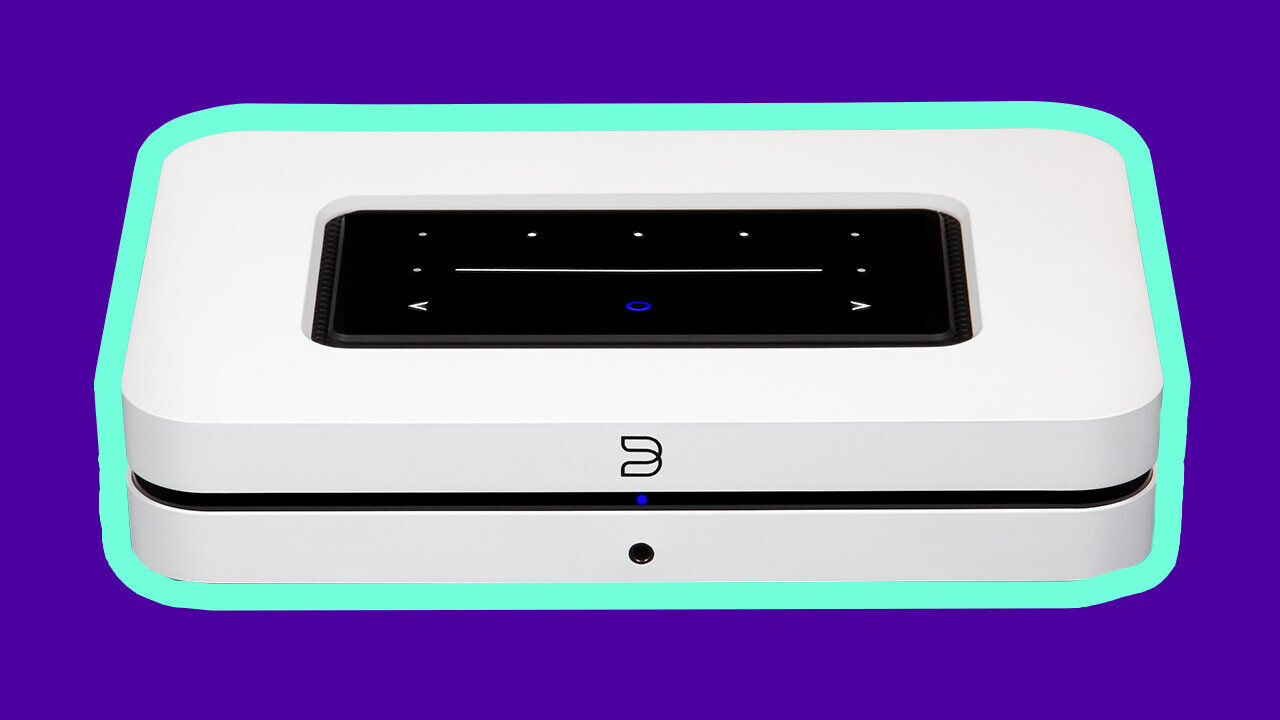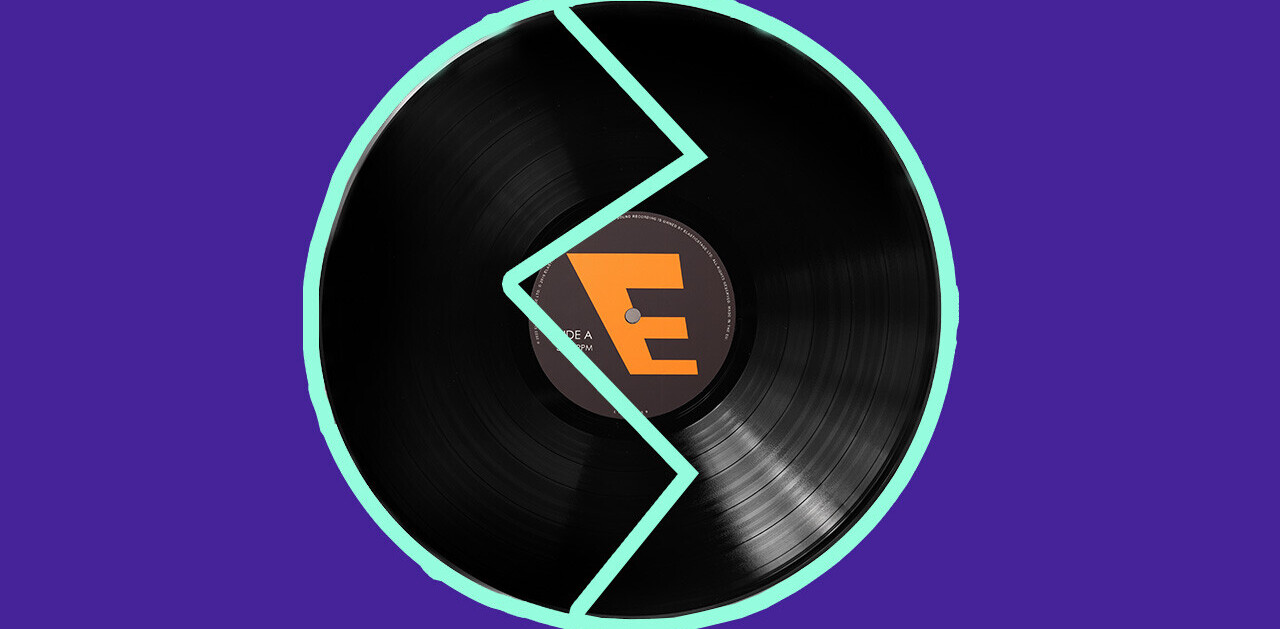
Friends, I’m in love. To be fair, I’ve felt this way for some time. It happened when I first got my hands on the Bluesound Node 2i music streamer a few years ago — a relationship that has been going strong since.
But the butterflies have started up again, because I’ve had the pleasure of testing out the latest iteration of the device, simply known as the Bluesound Node. Let me tell you of its charms.
Who is Bluesound?
If you haven’t heard of them, the company positions itself as the audiophille Sonos.
It produces wireless audio equipment with features designed to appeal to the music nerds, including a gamut of input and support for streaming high-quality music files.
Tell me about the Bluesound Node?
This is the company’s new music streamer. I covered it in detail when it first launched, but the simplest way to describe the Node is that it’s an audio enabler.
You plug it into your amplifier and it offers you a deluge of ways to play your digital music. You can use it via Bluetooth (it has aptX HD), Spotify Connect, Wi-Fi, AirPlay 2, and a range of other apps and music libraries.
Basically, if you’re playing something digitally, the Bluesound Node will help you get that onto your Hi-Fi.
And physically, it’s just as versatile:

How does it work?
The Bluesound Node is the direct successor of the Node 2i (and yes, I know the name change is ridiculous). It’s very similar to the beloved previous version in terms of its functionality in that it’s simple to use.
My experience with the Node involved plugging it in, setting it up with the BluOS, and then playing music. It really was that easy.
What does the Bluesound Node sound like?
It’s not a sea change from the Node 2i, but there is definitely an improvement. The tone is warmer and it produces a more precise, roomier sound.
The best way I can describe the Node is that it improves my digital audio. Whether its FLAC files, MP3s, or simply streaming from Spotify, everything sounds better when it’s run through the Node.
It’s more spacious and punchier, the rhythms pop and music has a more detailed texture.

What about the downsides?
Look, the Bluesound Node isn’t perfect. While the BluOS app has gotten better over the years, it still can be slightly buggy. This isn’t a dealbreaker though, as I tend to connect to the hardware through the app.
I’d also like a remote to be included. It seems a bit ridiculous that when you buy this $550 device, you need to spend another $60 to get the official remote. Again, this isn’t something that would change my purchasing decision, but it is a way the whole experience could be improved.
On top of this, if you’ve got a Bluesound Node 2i — and are happy with it — I can’t really find a compelling angle for you to upgrade. The actual differences between it and the Node are subtle. You’ll be happy with the new presentation, not blown away.
Although if you’re new to the hardware, you should definitely get the latest.
I would’ve loved it if Bluesound found a few extra features to really differentiate the Node from its predecessors, but it’s hard to come up with any specifics myself. So I see where te company is coming from: why fix what ain’t broke?

So why do you think every Hi-Fi setup needs a Bluesound Node?
Okay, maybe if you have a Hi-Fi system that costs tens of thousands of dollars, the Bluesound Node isn’t the music streamer for you. In those instances, you can look towards a pricier device like the Melco N100.
But — and let’s be honest here — how many of us have Hi-Fi systems of that value? The majority of people I know have setups that hover around the $2,000 combined mark.
For people in this bracket, you can’t go wrong with the Bluesound Node. Simply put, it’s the ideal companion for listening to digital music.
As much as I love listening to vinyl with my Pro-Ject Essential turntable and CDs with the Marantz CD6007, these are always specific experiences. I make an active decision to use those formats.
The bulk of my day-to-day listening occurs digitally, either via Spotify or my own music library. And this is where the Bluesound Node is so important.
It not only makes my music sound fantastic, but it makes playing that music utterly seamless. In other words, the Node is the perfect bridge between my digital libraries and physical audio player.
If this is something you’re looking for, then Bluesound Node is mana from heaven. The company has improved a brilliant bit of hardware that has long been an essential and beloved part of my Hi-Fi setup.
Yes, I’m still in love.
Get the TNW newsletter
Get the most important tech news in your inbox each week.




